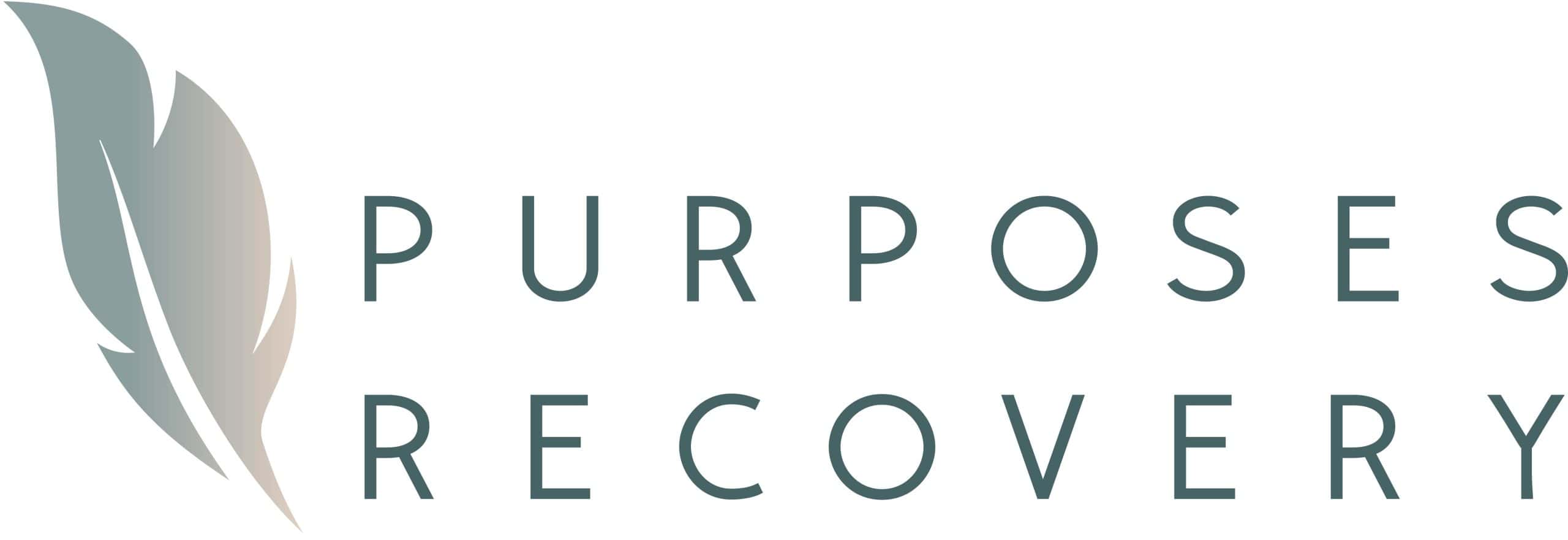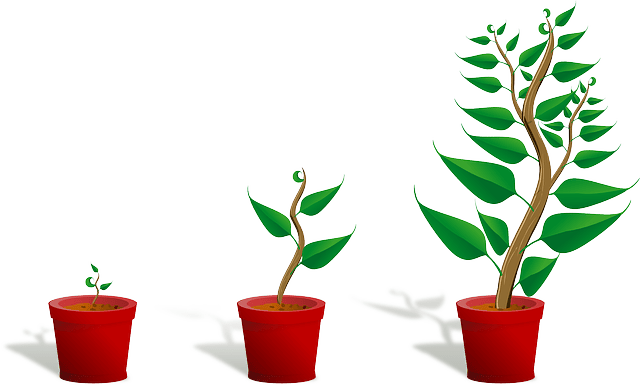Opioids can be highly effective painkillers, but they are not necessarily the “best” painkillers for everyone. Opioids work by binding to specific receptors in the brain and nervous system, which can reduce the perception of pain and produce feelings of euphoria. However, they can also have a range of side effects, including respiratory depression, constipation, and dizziness. Additionally, opioids can be highly addictive and have a high potential for abuse. For some types of pain, such as acute or postoperative pain, opioids may be the most effective option. However, for other types of pain, such as chronic pain, opioids may not be the best choice, as they can lose effectiveness over time and can be associated with long-term side effects and risks.
Risk Factors for Opioid Misuse, Addiction, and Overdose
There are several risk factors that can increase an individual’s likelihood of experiencing opioid misuse, addiction, and overdose. Some of the main risk factors include:
- Prior substance use: Individuals who have a history of substance use, including alcohol or other drugs, are at a higher risk of opioid misuse, addiction, and overdose.
- Age: Younger individuals, particularly those in their teens and early 20s, are at a higher risk of opioid misuse, addiction, and overdose.
- Chronic pain: Individuals who experience chronic pain are more likely to be prescribed opioids, and are at a higher risk of developing a dependence or addiction to the drug.
- Mental health conditions: Individuals with mental health conditions, such as depression or anxiety, are at a higher risk of opioid misuse, addiction, and overdose.
- Genetics: Some individuals may have a genetic predisposition to addiction or opioid dependence, which can increase their risk of misuse and overdose.
- Use of other substances: Individuals who use other substances, such as alcohol or benzodiazepines, along with opioids are at a higher risk of overdose and other negative consequences.
- Social and environmental factors: Individuals who experience social and environmental stressors, such as poverty, homelessness, or social isolation, are at a higher risk of opioid misuse and addiction.
It is important to understand the risk factors associated with opioid misuse, addiction, and overdose, and to take steps to reduce these risks where possible. This can include using opioids only as prescribed, avoiding the use of other substances while taking opioids, and seeking support for mental health conditions or other risk factors. It is also important to have access to resources such as naloxone, a medication that can reverse opioid overdose, in case of an emergency.
Opioids: Brand Names & Generic Names
Opioids are a class of drugs that includes both brand-name and generic medications. Some of the most common brand name and generic opioids include:
- Oxycodone: This is a powerful opioid pain reliever that is available under the brand names OxyContin, Percocet, and Roxicodone.
- Hydrocodone: This is an opioid pain reliever that is available under the brand names Vicodin, Norco, and Lortab.
- Fentanyl: This is a very potent opioid pain reliever that is available under the brand names Duragesic, Sublimaze, and Actiq.
- Morphine: This is a naturally occurring opioid pain reliever that is available under the brand names MS Contin, Kadian, and Avinza.
- Codeine: This is a mild opioid pain reliever that is often used in combination with other medications. It is available under various brand names, including Tylenol with Codeine and Fioricet with Codeine.
- Tramadol: This is a synthetic opioid pain reliever that is available under the brand names Ultram and ConZip.
- Methadone: This is a synthetic opioid that is used for pain relief and as a treatment for opioid addiction. It is available under the brand names Methadose and Dolophine.
It’s important to note that while these medications can be effective in managing pain, they can also be highly addictive and pose a risk of abuse and overdose. They should only be used as prescribed by a healthcare provider and should be closely monitored to ensure safe and appropriate use.
Opioids: Street Names
Opioids are a class of drugs that can be highly addictive and dangerous, and they are often sold illegally under various street names. Some common street names for opioids include:
- Heroin: This is an illegal opioid drug that is sold on the street and can be referred to by a number of different names, including “H,” “dope,” “smack,” and “junk.”
- Oxycodone: This is a prescription opioid pain reliever that is often sold illegally on the street under names such as “oxy,” “oxys,” and “hillbilly heroin.”
- Hydrocodone: This is another prescription opioid pain reliever that is often sold illegally under names like “vikes,” “hydros,” and “tabs.”
- Fentanyl: This is a very potent synthetic opioid pain reliever that is often sold illegally under names like “China white,” “dance fever,” and “serial killer.”
- Morphine: This is a prescription opioid pain reliever that is sometimes sold illegally on the street under names like “M,” “miss Emma,” and “white stuff.”
- Codeine: This is a mild opioid pain reliever that is sometimes sold illegally under names like “lean,” “purple drank,” and “sizzurp.”
It’s important to note that using opioids illegally or without a prescription can be extremely dangerous and can lead to addiction, overdose, and other serious health consequences. If you or someone you know is struggling with opioid addiction, it’s important to seek help from a healthcare provider or addiction specialist.
Opioid Detox and Rehab at Purposes Recovery in Los Angeles, CA
Purposes Recovery is a drug and alcohol treatment center located in Los Angeles, California, that offers specialized programs for individuals struggling with opioid addiction. The center provides a range of services, including detoxification, residential treatment, outpatient programs, and aftercare support.
Opioid detox at Purposes Recovery is typically conducted under medical supervision to ensure the safety and comfort of clients. The detox process is designed to help individuals manage withdrawal symptoms, which can include nausea, vomiting, diarrhea, muscle aches, and anxiety. Purposes Recovery’s medical team provides 24-hour monitoring and support during the detox process and may use medications to help ease symptoms and reduce discomfort.
Following detox, clients at Purposes Recovery can participate in residential treatment programs, which provide a structured and supportive environment for individuals to work on their recovery. Residential treatment programs typically include individual and group therapy, cognitive-behavioral therapy (CBT), dialectical behavior therapy (DBT), and other evidence-based approaches to addiction treatment. The programs also focus on developing healthy coping mechanisms and life skills that can support long-term sobriety.
In addition to residential treatment, Purposes Recovery offers outpatient programs that allow individuals to receive treatment while still maintaining their daily responsibilities. These programs include intensive outpatient (IOP) programs and outpatient (OP) programs, both of which provide therapy and support in a group setting.
Purposes Recovery also provides aftercare support to help individuals transition back to their daily lives after completing treatment. This may include ongoing therapy, support groups, and other resources to help maintain sobriety and prevent relapse.
Overall, Purposes Recovery offers a range of programs and services to help individuals struggling with opioid addiction overcome their addiction and achieve long-term recovery.




